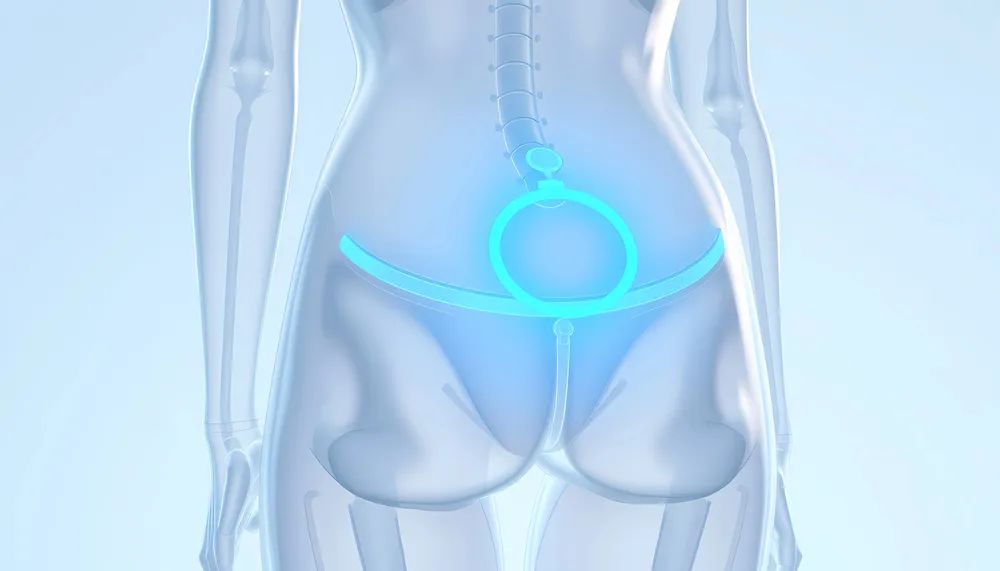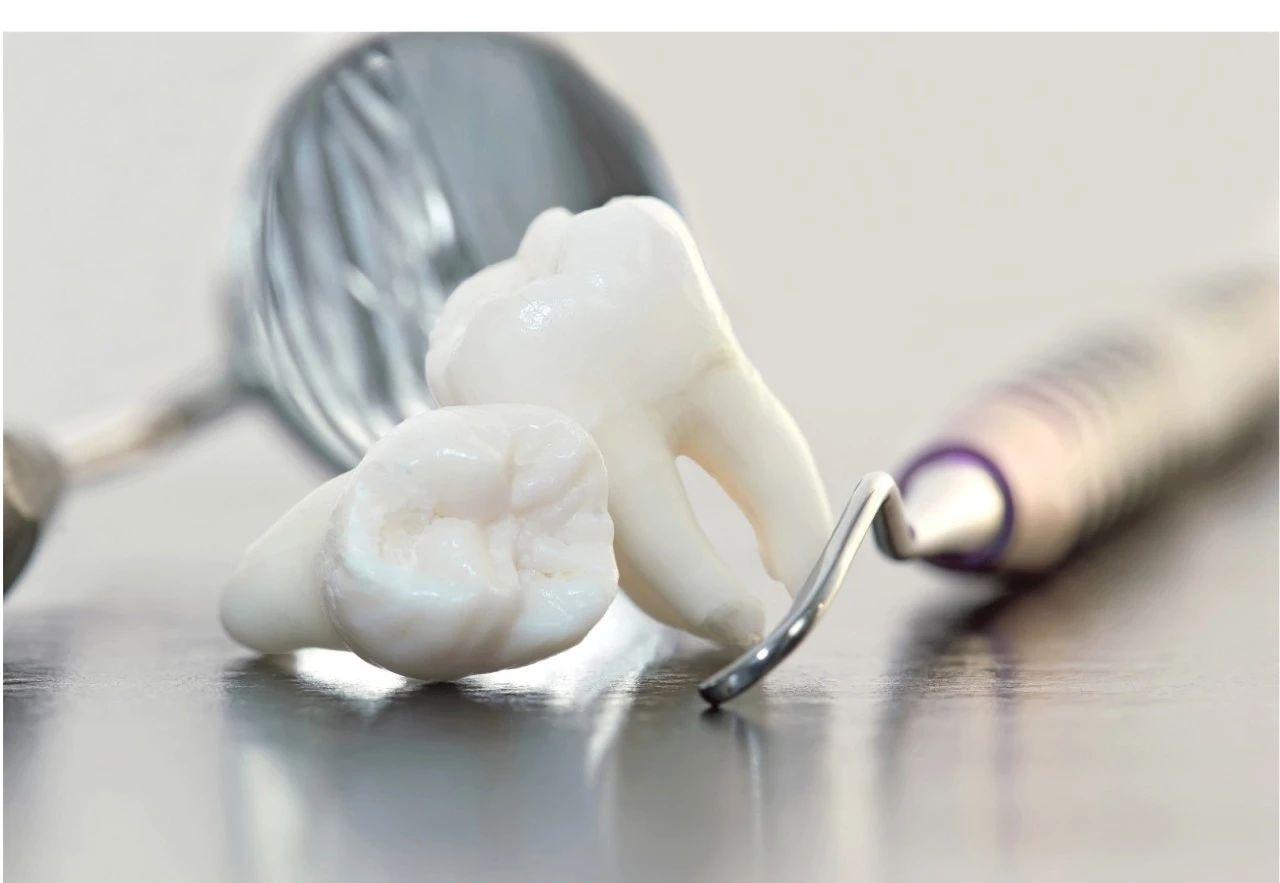An Eye Specialist’s Guide to Glaucoma
2023-03-06
PARKWAY 百汇医疗 Dr. Andrea Sonntag-Vega, Ophthalmologist at Parkway, shares eye-opening facts about glaucoma. If left untreated, glaucoma can cause you to lose vision and even become blind. What are its causes and how can we prevent it? Here’s what you need to know about glaucoma. The ‘silent thief of sight’ Glaucoma is a specific group of diseases that damages the eye’s optic nerve. It’s known as the ‘silent thief of sight’ because many people with glaucoma experience no early symptoms or pain. In fact, more than 90% of people with glaucoma are unaware they have it until they are officially diagnosed. A build-up of fluid within the eye Your optic nerve is made up of over a million little nerve fibers, which connect your eye to the brain. If these nerves are put under pressure, it can cause irreversible damage and interfere with the signals responsible for transmitting images. More rarely, poor blood flow (despite normal eye pressure) causes damage to the optic nerve. If left untreated, glaucoma can lead to permanent vision loss. Symptoms of glaucoma Initially the condition remains asymptomatic, but the gradual progression may lead to symptoms such as: •Loss of peripheral or side vision •Seeing halos around lights and glare in bright light •Redness in the eye •Eye pain •Eye that looks hazy (particularly in infants) •Narrow or tunnel vision •Vision Loss You could be at risk of glaucoma Several factors can increase your chances of developing glaucoma later in life. These include: ·Raised pressure within the eye ·Your age – the older you are, the higher your risk ·A family history of glaucoma ·Asian, African or Hispanic heritage ·Previous eye injury ·Severe nearsightedness (myopia) or farsightedness (hyperopia) ·Long-term use of steroid medications ·Thin corneas (the transparent layer at the front of your eye) ·Health conditions like diabetes, high blood pressure and migraine 2 main types of glaucoma Glaucoma can be classified as either open-angle or angle-closure. •Open-angle glaucoma is the most common form of the condition, where the angle between the iris (the colored part of your eye) and the cornea is normal in width. However, the drainage canals become clogged, leading to an increase in eye pressure. Usually, this is a lifelong condition that develops slowly and causes few symptoms in the early stages of the disease. •For angle-closure glaucoma, the angle between the iris and cornea is too narrow, and the access to drainage canals becomes blocked. In some cases, this causes a sudden rise in eye pressure, resulting in symptoms such as eye pain, headache and vision loss. Harmfulness of glaucoma Approximately 5.1 million people in the world have lost their sight from glaucoma. While cataract is a more common condition, its effect on vision is often reversible, unlike glaucoma. That’s why many experts predict that glaucoma may eventually become the most common cause of blindness worldwide. Prognosis If you catch glaucoma early, the prognosis is usually much better If glaucoma is diagnosed too late, the vision of the patient will be permanently impaired. However, if your glaucoma is mild or moderate, your doctor is far more likely to be able to prescribe an appropriate treatment to control eye pressure through medication or surgery, thus preserving your current state of vision. Treatment options may include: •Eye drops •Laser eye surgery •Glaucoma surgery (trabeculectomy and tube drainage surgery) •Minimally invasive glaucoma surgery (MIGS) •In a traditional trabeculectomy, your doctor will create a new channel to drain fluid from your eye. While it will not help to restore your sight, this can help to lower the eye pressure and slow down the rate of vision loss in the future. •MIGS is a fairly recent innovation that may be suitable for you if you have mild to moderate glaucoma, and a low tolerance for glaucoma medications. With MIGS, you’ll benefit from a faster recovery time and a lower risk of complications. Prevention The first step is to always go for regular eye screening. If your eye doctor detects a problem, they may be able to prescribe you pressure-lowering eye drops, which will help to keep glaucoma at bay. If you’re concerned about your risk for glaucoma, or if you’re experiencing unusual symptoms, make an appointment with an eye specialist. Article reviewed by Dr. Andrea Sonntag-Vega, Ophthalmologist of Parkway. Copyright: Health Plus an online health and wellness web resource developed by Parkway Singapore https://www.parkwayshenton.com/healthplus/article/glaucoma-guide-eye-specialist Parkway China Parkway is part of IHH Healthcare, one of the largest healthcare providers in the world by market capitalization. It operates 82 hospitals with more than 15,000 beds in 10 countries. Parkway first arrived in China in 2004. In 2006, Parkway opened its first medical center in Shanghai, bringing world-renowned quality healthcare to China. Through the acquisition of World Link Group in 2007, Parkway becomes Shanghai's largest foreign-owned medical network. Parkway China is a leading international healthcare provider. With a team of nearly 100 internationally trained physicians, we now operate 8 medical facilities conveniently located in Shanghai and Hong Kong offering more than 40 specialties. We work closely with the best local hospitals with which we share our knowledge and expertise to ensure the best services possible to our patients. We have established direct billing services with over 50 insurance companies. We provide both outpatient and inpatient care for adults and children. Our services include: Family Medicine, Adult Medicine, Pediatrics, Gynecology, Dentistry, Cardiology, ENT, Gastroenterology, Ophthalmology, Dermatology, General Surgery, Orthopedics & Sports Medicine, Urology, Beauty & Skin Care, Psychiatry, Traditional Chinese Medicine & Acupuncture, Osteopathy, etc.
































